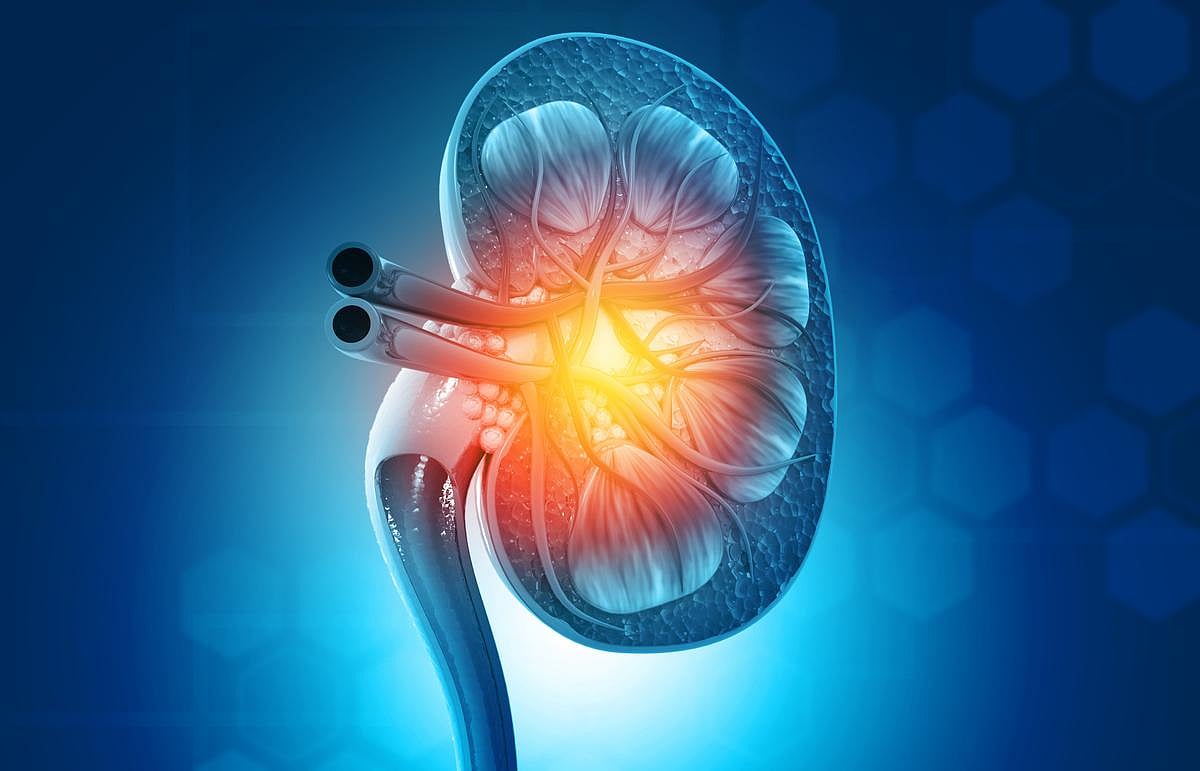22.1 percent of EBV D+/R− kidney recipients had posttransplant lymphoproliferative disorder at median of 202 days after transplant
By Elana Gotkine HealthDay Reporter
WEDNESDAY, Feb. 5, 2025 (HealthDay News) — Epstein-Barr virus (EBV)-seronegative recipients of EBV-seropositive donor (EBV D+/R−) kidneys have an increased risk for posttransplant lymphoproliferative disorder (PTLD), according to a study published online Jan. 28 in the Annals of Internal Medicine.
Vishnu S. Potluri, M.D., M.P.H., from the Hospital of the University of Pennsylvania, and colleagues conducted a retrospective cohort study to examine the associations between pretransplant EBV D+/R− and recipient EBV-seropositive status (R+) and the outcomes of PTLD and graft and patient survival in adult recipients of kidney transplant.
The final cohort included 104 EBV D+/R− recipients matched to 312 EBV R+ recipients. The researchers found that 50 (48.1 percent) of the EBV D+/R− recipients developed EBV DNAemia, with a median time of 198 days after transplant. At a median of 202 days after transplant, 23 (22.1 percent) EBV D+/R− recipients had PTLD. Higher all-cause graft failure was seen in EBV D+/R− recipients (hazard ratio, 2.21; 95 percent confidence interval, 1.06 to 4.63), and mortality was higher but the increase was not statistically significant (hazard ratio, 2.19; 95 percent confidence interval, 0.94 to 5.13).
“Our findings highlight the need for strategies to attenuate the effect of donor-derived EBV infection among EBV-seronegative recipients and for counseling prospective EBV D+/R− recipients about the elevated risk for early PTLD,” the authors write.
Copyright © 2025 HealthDay. All rights reserved.








